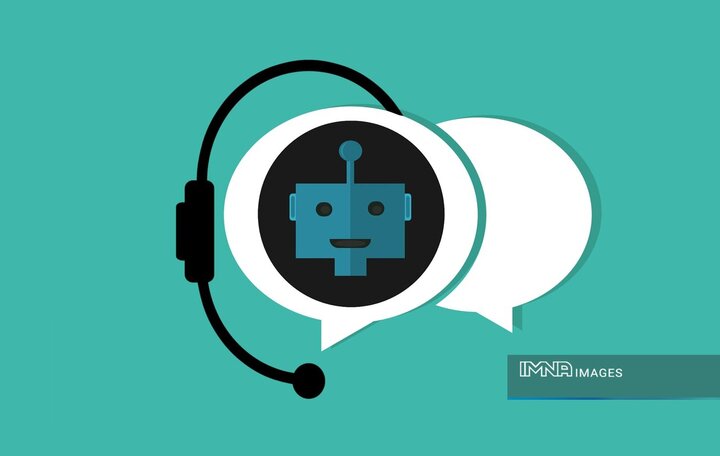Iran (IMNA) - In reality, everything seems to sound the same because of the way these tools are now designed and homogenize writing. Additionally, monotonous writing not only breeds boredom but also supports injustice.
Standard American English (SAE) is unfairly placed above other languages and writing systems when writing tools prioritize one writing style over another.
How does ChatGPT work?
First of all, we should know that ChatGPT belongs to a family of technologies known as large language models (LLMs). By utilizing machine learning to analyze word patterns in a vast text collection, LLMs respond to human instructions with text.
It is important to note, however, that ChatGPT does not understand what words imply. In order to provide definitions, ChatGPT first sorts through a large collection of definitions before compiling all the results into a single answer that makes sense in the context of the user's question.
ChatGPT replies to inquiries using context clues, stylistic structures, writing styles, linguistic patterns, and word frequency rather than meaning.
Because of this feature, ChatGPT by default maintains prevalent patterns of writing and language use while ignoring less frequent ones.
Diversity is being wiped out
Dominant forms of writing do not emerge by chance. They become dominant when one social group seeks to impose authority over another.
There is no such thing as one type of English. There are several Englishes.
For instance, Black English speakers are penalized and punished for writing as they talk since Standard American English is prioritized in many US classrooms, despite the fact that Black English has its own syntax, lexicon, and unique history of resistance.

Breaking the default
Those who support ChatGPT will be quick to point out that the program can read, analyze, and produce text in a variety of languages, including Black English.
The issue, though, is not what ChatGPT is capable of.
It concerns the default settings. It has to do with how ChatGPT is set up to accept particular writing styles as common, ordinary, and anticipated. Furthermore, it concerns the fact that ChatGPT needs a unique request in order to produce non-normative kinds of writing.
How did it come to be this way?
It's hardly surprising that ChatGPT tends to prioritize English writing styles created by white people in its default functioning. A number of professions that need extensive writing, such as journalism, law, politics, medicine, computer science, and academia, have long been dominated by white, English-speaking people.
In comparison to their colleagues of color, these white English-speaking individuals have authored billions of words in total. Despite the fact that ChatGPT's parent company, OpenAI, does not publicly disclose the authors of its learning models, the sheer amount of words produced by these writers suggest that they probably make up the majority of ChatGPT's learning models.
Therefore, the default output of ChatGPT is written in the voice, style, and language of those same white English-speaking males when users ask it to produce material in any of these fields.
Challenge the status quo
Some would argue that written defaults and standards are necessary. They contend that in order to prevent individuals from losing out on employment and promotions because of the way they write, we need to teach people how to write in the Queen's English or SAE.
But adopting such a perspective only entails giving in to office bias and supporting an unfair system by our involvement in it. Other academics argue that we should oppose these unfair writing norms and suggest authors make use of the rich rhetorical opportunities presented by language variety.
Those in the field of education who support linguistic variety may be tempted to outlaw text-generating AI at their institutions of higher learning.
However, it's important to keep in mind that writing is a technique that has been and currently is used to promote inequity.


Your Comment